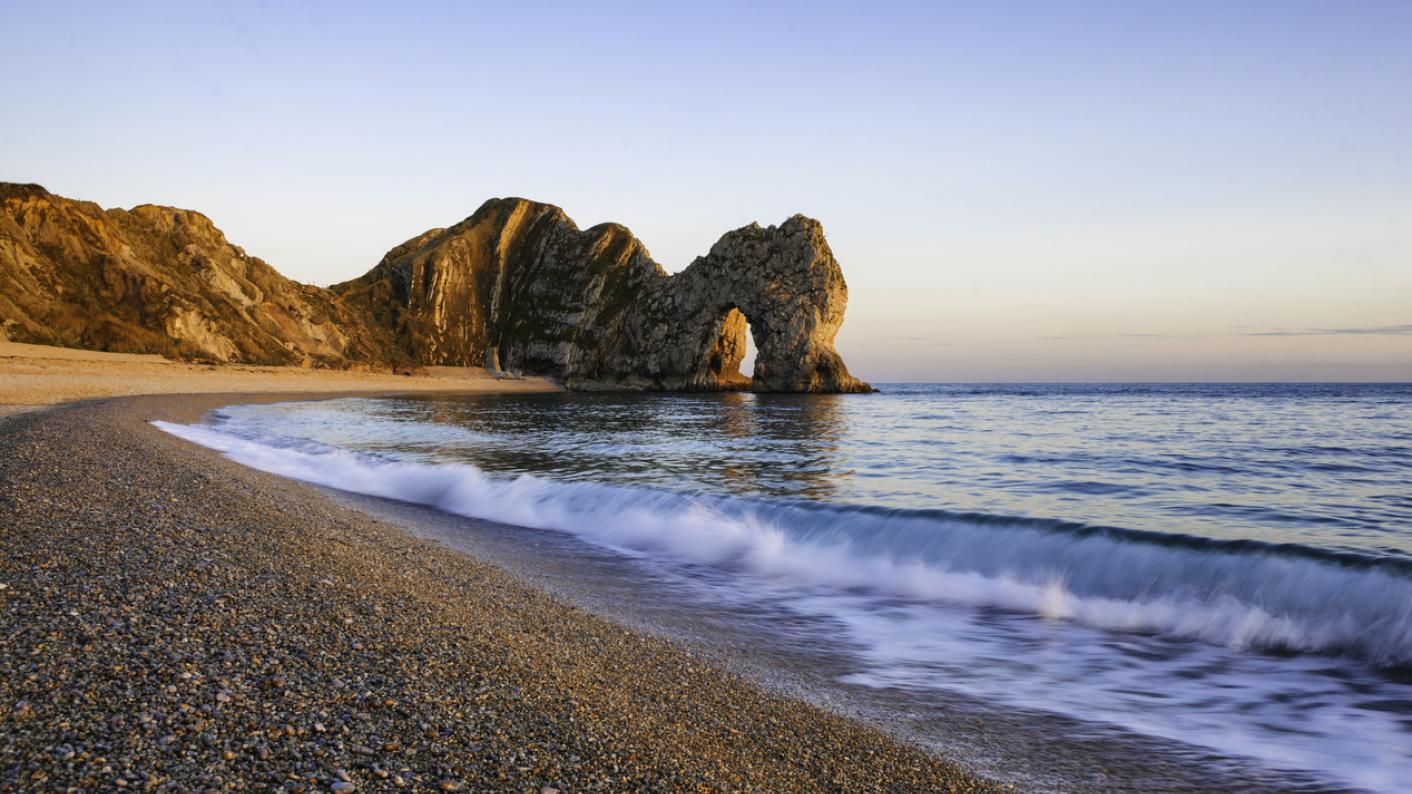From 630 miles of stunning coastline (that can be walked in its entirety), to rugged moorlands, vibrant cities and one the world’s greatest music festivals (the legendary Glastonbury), the South West of England has plenty to entice teachers at all stages of their career, with almost 50,000 already calling the region home.
The South West consists of seven counties – Gloucestershire, Bristol, Wiltshire, Somerset, Dorset, Devon and Cornwall – plus the Isles of Scilly, 28 miles off the coast of Cornwall. This means there is a huge diversity of teaching opportunities, from rural village primary schools to large secondary schools in busy cities such as Bath, Bristol, Exeter and Plymouth.
Key statistics:
Education
£37,687– The average salary teacher’s in the region.
18 – Average number of pupils per teacher (just above the national average of 17.9).
7.4 per cent – Amount of schools reporting a vacancy or temporarily filled post (lowest amount in the country and far below the national average of 11.9 per cent).
9.6 per cent – Amount of primary teachers leaving the profession (below the national average of 10.2 per cent).
10.9 per cent – Amount of secondary teachers leaving the profession (slightly below the national average of 11.1 per cent).
34.4 per cent – Amount of teaching staff working part-time (the highest rate in the country, far above the national average of 25.9 per cent).
Data taken from the Regional, LA and school tables: school workforce census 2017.
Cost of living
£253,926 – Average cost of a home (just above the national average for England of £244,567).
Data taken from the UK House Price Index January 2019.
£25,704 – Average annual cost of living per household (just under the national average of £25,766).
£160 – the monthly cost of grocery shopping in Exeter (fourth cheapest in the country but, in nearby Bath, the average cost is £235, making it the second most expensive).
Data taken from ABC Finance.
What is it like living and working in the South West?
Ruth Golding, headteacher of Tor Bridge High School, Plymouth:
“I moved here over 20 years ago and I came down for the sea. I qualified as a teacher the same year my partner was heading to Plymouth University, so we made our home here. Getting a job was quite hard to begin with, but times have changed and we are now desperate for teachers across the region.
“If you live in Truro, Plymouth or Exeter, there are plenty of places to eat out, as well theatres and cinemas. If you go further into Devon and Cornwall, it’s a slower pace of life. It's great for outdoor types, with Dartmoor and Exmoor and their fantastic wildlife.
“Furthermore, the people are amazing and, as it’s a tourist destination, you are never short of something to do. I wouldn’t change it for the world.”
Jamie Sullivan, assistant headteacher at Stoke Hill Junior School in Devon:
“I moved to the South West to work in Exeter in 2001. My wife was raised in Exeter and the affordability of property at the time made it a sensible option.
“Although the slower pace of life was difficult to adjust to and I did find it hard to settle in the short term, it soon became evident that I had made a good decision. Cleaner air than I was used to, beaches no more than 30 minutes away and the fantastic countryside are just three things that make this a great place to live and work.
“There's always plenty to do and a day on Dartmoor should be on everyone's bucket list. It really is a super place to live, work and bring up your family.”
